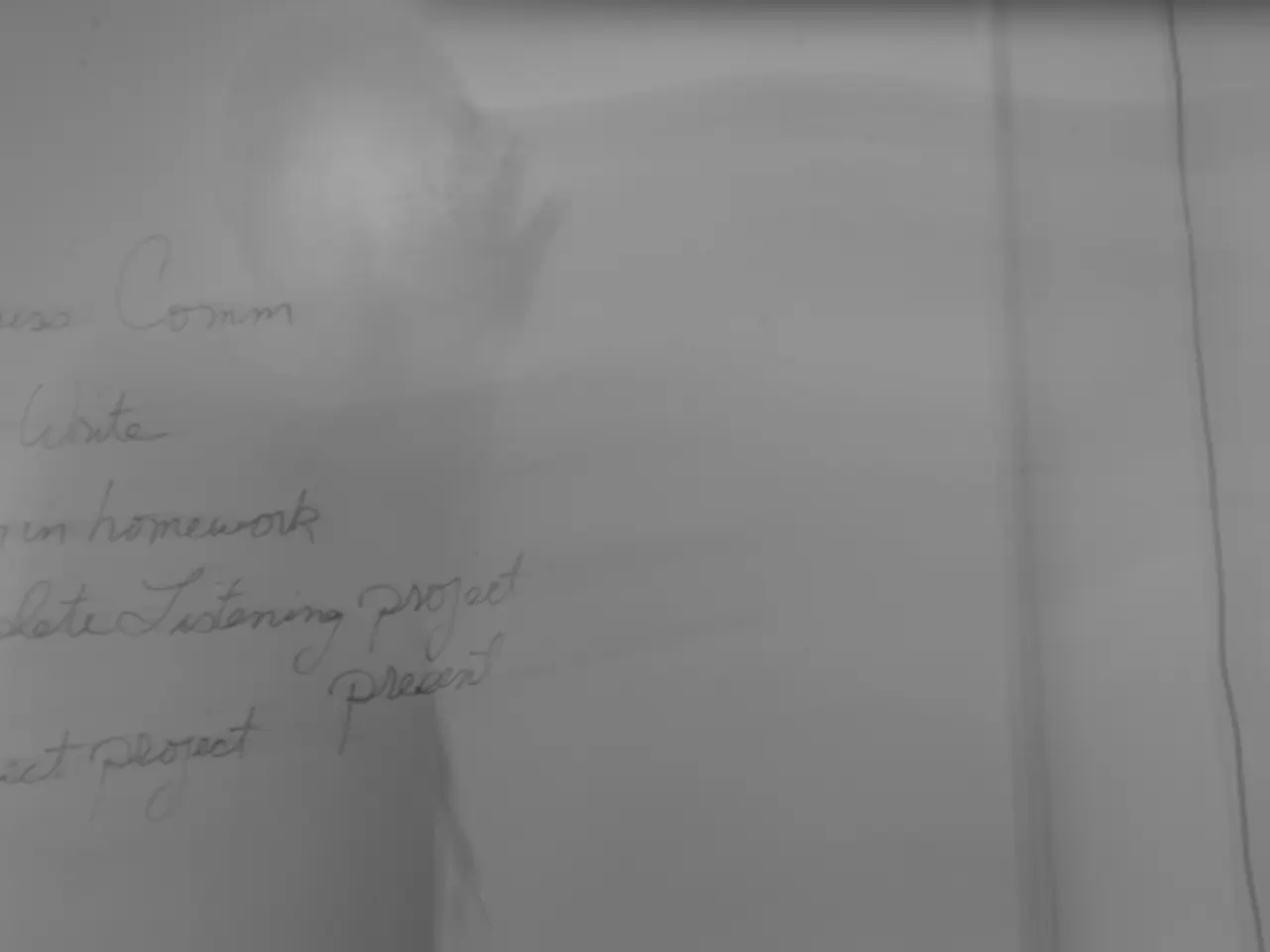Anxious about Tariffs and a Potential Economic Downturn? Here's the Crucial Information for Retirees.
Navigating financial uncertainty as a retiree just got a bit trickier, thanks to the whirlpool of policy changes. But fear not! Financial experts have a few strategies up their sleeves to help safeguard your hard-earned retirement savings.
Calm Strategies for Turbulent Times
Diversify, diversify, diversify! Spread your investments across different assets, sectors, and geographies to guard against risk. This means owning a mix of stocks, bonds, real estate, annuities, cash, and other assets.
Maintain a cash cushion, equivalent to 12 to 24 months of living expenses. This reserve will ensure you won't have to sell investments during market downturns. Opt for high-yield savings accounts or short-term Treasury funds for better returns on this liquid cash.
Keep investing consistently. Every time you add money to your retirement accounts, you're harnessing the power of dollar cost averaging, buying more shares when markets are low.
Adjust Accordingly
Tailor your portfolio to match your risk tolerance and time horizon. If you're more cautious, lean toward stable investments like bonds and annuities. On the other hand, if you're willing to take on more risk, you may want a higher allocation to stocks.
Flexibility is Key
Retirees can reduce risk by using solutions for predictable income, like annuities, CDs, and TIPS. These tools can provide a stable income flow, reducing dependency on market returns during volatile times.
Leverage other assets on your balance sheet to avoid dipping into your retirement investments during market turbulence.
Cap Your Anxiety
Now, it's natural to worry about market volatility and the impact it might have on your savings. But remember, staying invested for the long-term will likely result in better outcomes than fleeing at the first sign of trouble.
Take advantage of any financial education tools available through your retirement plan or provider, even if you don't work with a financial advisor. And always keep in mind, your time horizon is probably longer than you think. As Kevin Jestice, Head of Nationwide's Investment Management Group, puts it, "There's no better time to begin investing in a retirement plan than the present, regardless of the market volatility."
[1] Kupelian, Laura. "How to protect your retirement savings during market volatility." CNBC. 2021. Link
[2] "10 Smart Steps for Safer Investing." Investopedia. N.D. Link
[3] "Investing in Retirement: Best Strategies for a Secure Financial Future." American Advisors Group. 2020. Link
[4] "How to Create a Safe Retirement Portfolio During Volatile Markets." Kiplinger. 2020. Link
[5] "10 Ways to Safeguard Your Retirement Savings." Forbes. 2020. Link
- To minimize financial instability during retirement, consider investing in tokens from Initial Coin Offerings (ICOs) that offer liquidity and potential growth, but ensure they align with your risk tolerance and time horizon.
- When relying on personal-finance strategies for retirement, advisement from a financial expert may prove valuable in navigating investment decisions while aiming to maximize liquidity during various periods.
- During retirement, selecting a mix of stocks, bonds, and other assets (such as real estate, annuities, cash, and high-yield savings accounts) should be done to provide ample liquidity in volatile markets.
- Minimizing dependency on market returns during retirement can be achieved by opting for predictable income tools like annuities, CDs, and TIPS, thereby ensuring a stable income flow and enhancing overall liquidity.
- With market volatility impacting personal finance and investing, it's crucial to adopt strategies like dollar cost averaging when investing to maintain liquidity and maximize long-term gains.




